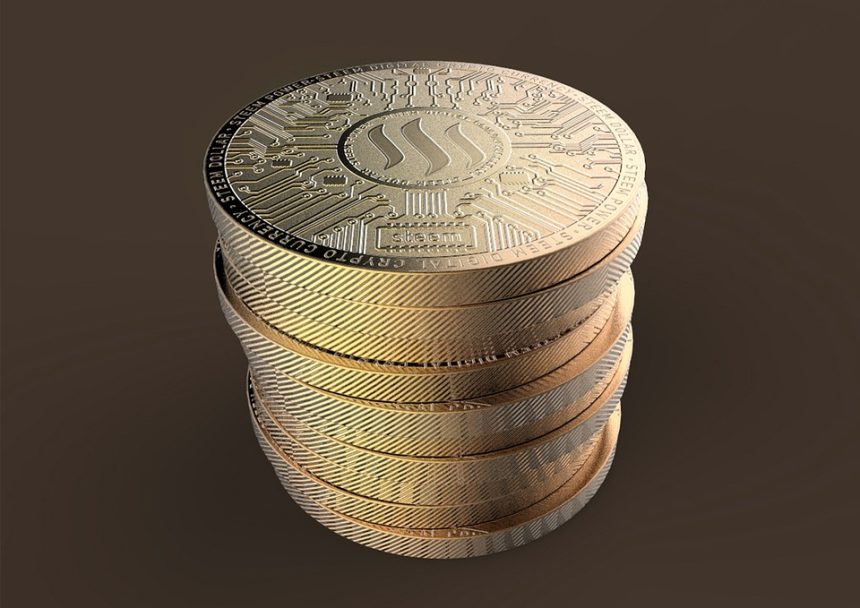Gaming and Crypto: How Play-to-Earn Models Are Revolutionizing the Industry
In recent years, the convergence of the gaming and cryptocurrency industries has resulted in a paradigm shift in how games are developed, played, and monetized. At the forefront of this transformation is the Play-to-Earn (P2E) model, which allows players not only to enjoy immersive gaming experiences but also to earn real-world financial rewards. This shift is redefining traditional gaming structures and opening up new avenues for players and developers alike.
The Rise of Play-to-Earn Models
Historically, video games operated on a model where players paid upfront costs, subscribed, or made in-game purchases to access content. However, the emergence of blockchain technology and cryptocurrencies has paved the way for P2E gaming. In P2E models, players can earn cryptocurrencies or non-fungible tokens (NFTs) by participating in various gaming activities, such as completing quests, battling opponents, or creating in-game assets.
Games like Axie Infinity, Decentraland, and The Sandbox have captured significant attention by offering players financial incentives. These platforms reward users with tokens that can be traded on cryptocurrency exchanges or used for in-game purchases, creating a tangible economic ecosystem around the gaming experience.
Economic Empowerment and Inclusivity
One of the most transformative aspects of P2E gaming is its potential for economic empowerment, particularly in regions with limited job opportunities. Players who may not have access to traditional employment can participate in the digital economy by engaging in gaming. For instance, in countries like the Philippines, players have turned to Axie Infinity as a source of income, allowing them to support their families and improve their standard of living.
Moreover, P2E models promote inclusivity. Unlike traditional gaming, which often requires expensive consoles or high-performance PCs, many blockchain-based games can be accessed on mobile devices. This accessibility opens the door for a more diverse player base, breaking down socioeconomic barriers and democratizing the gaming experience.
Ownership and Digital Assets
Another key innovation of the P2E model is the concept of digital ownership. Blockchain technology enables true ownership of in-game assets, allowing players to buy, sell, and trade items as NFTs. This is a marked departure from conventional gaming, where players do not own the digital assets they purchase; instead, those assets are licensed to them for use within the game.
In a P2E environment, the value of NFTs can appreciate over time, providing players with the opportunity to invest in their gaming experiences. Unique items, skins, and characters can be linked to real-world value, giving players a tangible stake in the game’s economy. This sense of ownership enhances player engagement and attachment to games, as they have a vested interest in their virtual assets.
Economic Challenges and Sustainability
While the P2E model offers numerous advantages, it is not without its challenges. Market volatility associated with cryptocurrencies can pose risks for players who invest time and resources into games. The value of in-game currencies and assets can fluctuate wildly, leading to potential financial losses.
Additionally, developers face the challenge of creating sustainable economic models. In some cases, the influx of players seeking financial gain can lead to inflated asset prices or unsustainable gameplay circles. A balance must be struck between rewarding players and maintaining a viable economy within the game.
The Future of Gaming and Crypto
Looking ahead, the future of gaming and crypto appears promising as P2E models continue to evolve. Developers are increasingly seeking creative ways to combine entertainment with the financial incentives offered by blockchain technology. This could lead to more sophisticated gameplay mechanics, innovative storytelling, and deeper community engagement.
Furthermore, as regulatory frameworks around cryptocurrencies become clearer, more players and investors are likely to enter the P2E space, fostering growth and innovation. The collaboration between gaming studios and blockchain startups promises to push the boundaries of what is possible in digital entertainment.
Conclusion
As gaming and cryptocurrency converge, Play-to-Earn models are revolutionizing the industry by promoting economic empowerment, digital ownership, and inclusivity. While challenges remain, the potential for innovative gameplay and the democratization of the gaming experience presents exciting opportunities for players and developers alike. In this new era, players are not just gamers; they can be creators, investors, and entrepreneurs, reshaping the landscape of an industry that continues to captivate the world.



![Investing in Togetherness: How [Altcoin Name] and [Partner Name] Can Drive Adoption Investing in Togetherness: How [Altcoin Name] and [Partner Name] Can Drive Adoption](https://realcryptotrends.com/wp-content/uploads/2024/09/us-dollars-7074867_960_720-150x150.jpg)

